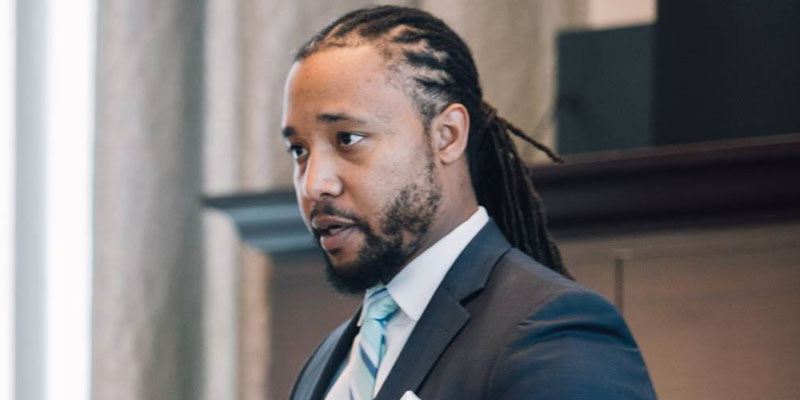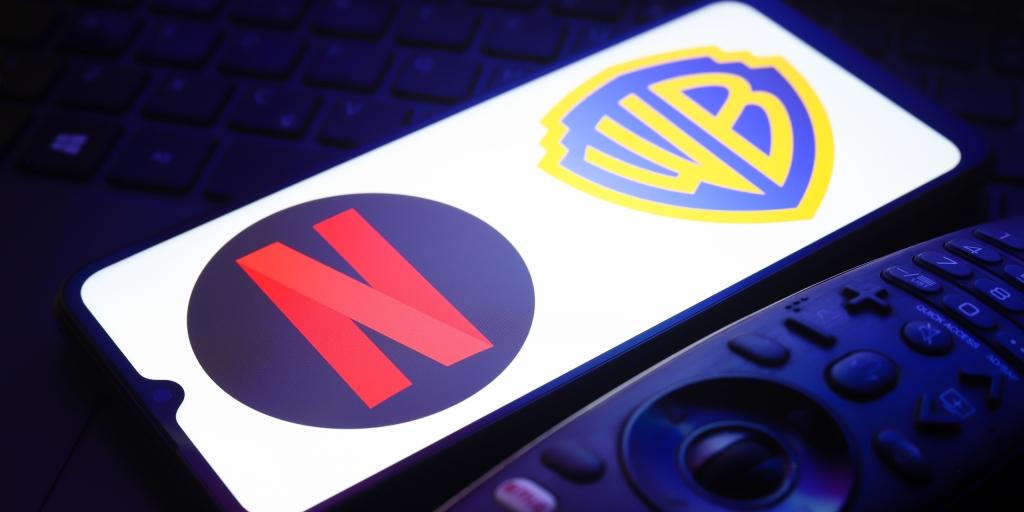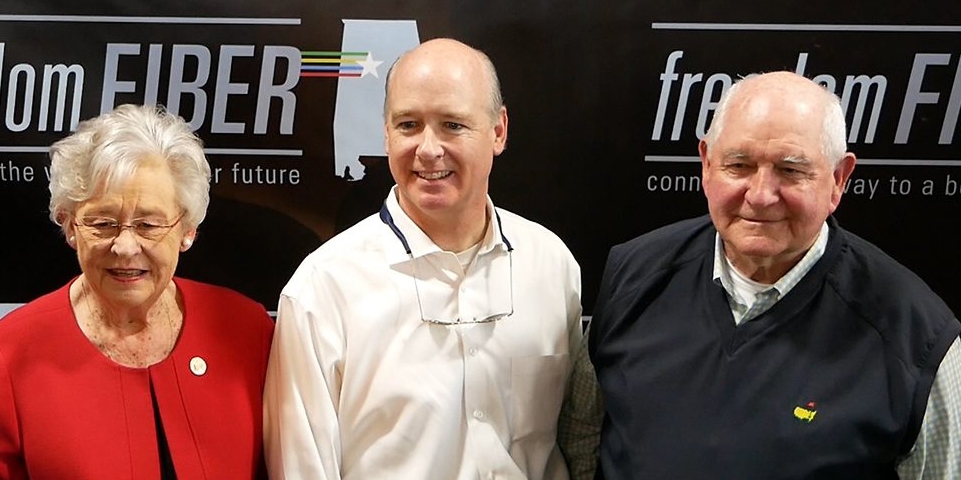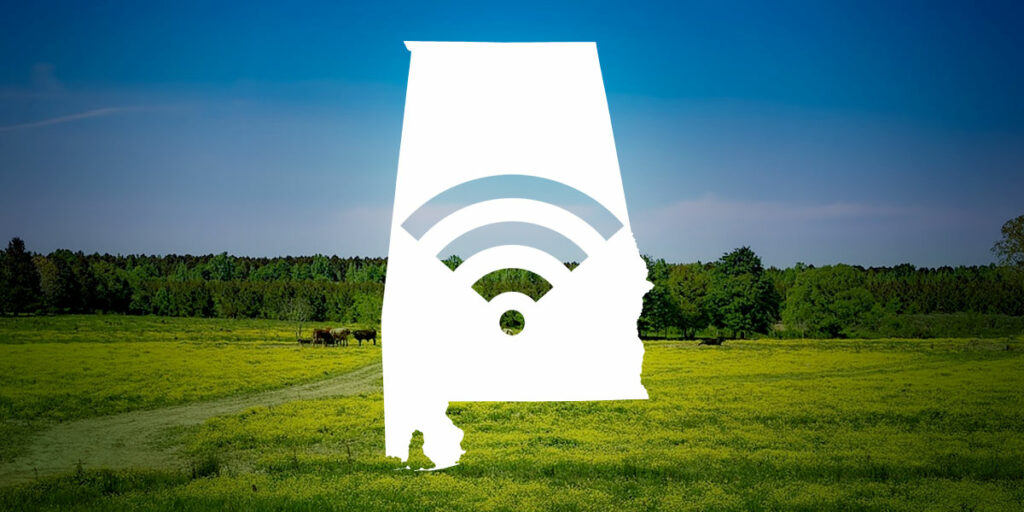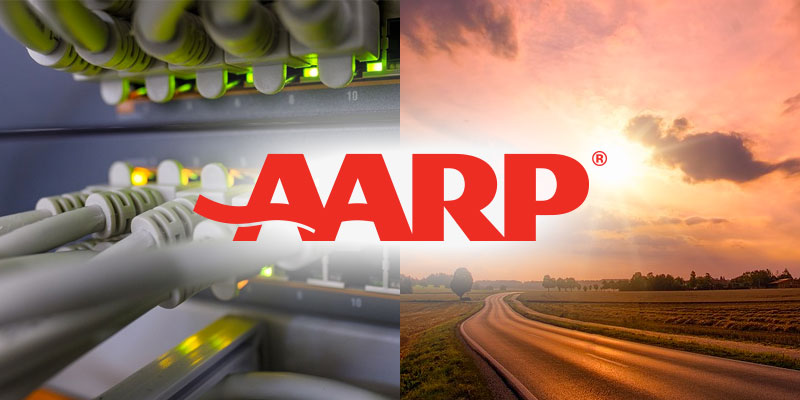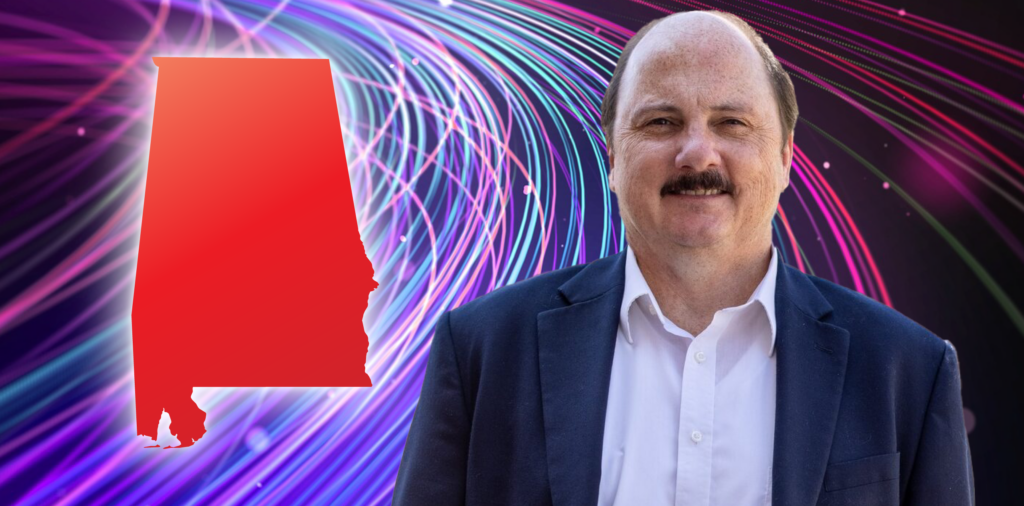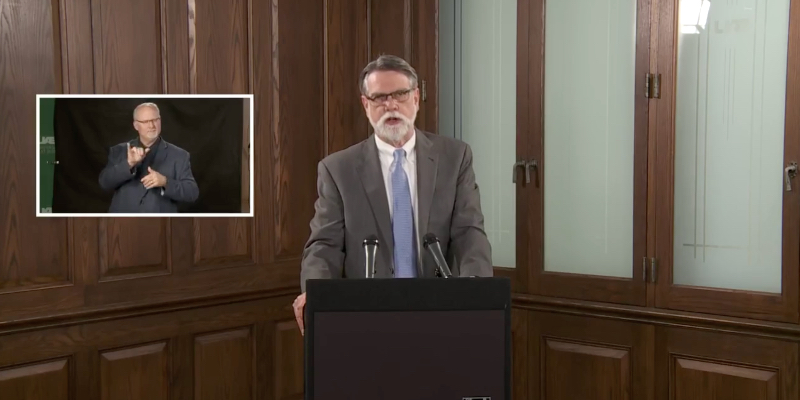The impact of COVID-19 and social distancing has moved much of our lives online – our education, our work, our social lives, and even some of our health care. Broadband-connected technology was already a big and growing part of our lives and our economy. COVID-19 crisis has only made it more so.
This is why Congress’s response to the crisis should include critical funding to expand broadband, as well as long-overdue updates to broadband internet laws to protect every American’s access to the open internet.
For example, videoconferencing and virtual classroom apps are sweeping the nation – each of them developed and launched by entrepreneurs in the digital economy. But these platforms, and the users who’ve come to rely on them, deserve the protection of a nationwide net neutrality law – a guarantee that none of the big broadband providers or tech platforms can throttle them or interfere with their traffic in order to give an advantage to competing apps. Only Congress can guarantee these protections.
At the same time, Congress needs to protect and prolong the investment miracle in broadband infrastructure. We’ve seen almost $2 trillion in private investment in broadband networks over the past 25 years. It’s why our networks are handling the surge in telecommuting and remote learning data traffic so well, compared to the struggles other countries are seeing.
But while big metropolitan areas like Birmingham enjoy world-class broadband infrastructure with gigabit speeds, more than 10% of Alabamans – mostly in rural areas – still lack high-speed home broadband.
The digital divide has several causes. Some homes don’t subscribe because they lack computers or digital literacy skills. Some families can’t afford the monthly broadband bills. And in some rural areas, it’s hard for any provider, large or small, to make the math work for broadband infrastructure investments without public funding or support.
There have been multiple public and private efforts to address these various challenges. Broadband providers’ low-income adoption programs – like Spectrum’s Internet Assist and Comcast’s Internet Essentials, both of which are offering free service to qualifying new sign-ups during this national emergency – are helping to close these gaps.
So are technology integration initiatives like Apple’s ConnectED program and Community Education Initiative. Apple recently donated computers to Birmingham City Schools through these programs, and has partnered with the school district and TechBirmingham to launch Ed Farm, a digital training initiative for students, teachers, and adults.
But bridging the digital divide requires we do more. And real progress is going to take bipartisan cooperation from Congress.
The first thing Congress can do is commit more funding to expand broadband in rural areas – but ensuring it’s spent wisely in areas where private sector investment alone isn’t going to bring high-speed networks. In earlier rural broadband programs, too many federal dollars were wasted on building duplicative networks in communities that already have broadband, instead of targeting scarce funding to those without.
Second, Congress needs to protect the open internet by passing a permanent net neutrality bill, giving consumers and app developers strong protections. Broadband providers and tech platforms should not be able to interfere or manipulate internet traffic to gain a competitive leg-up. Just about everyone agrees with this basic principle.
But the net neutrality debate in Washington has been gotten hung up on the separate question of whether or not the internet should be regulated as a utility, which many experts warn will discourage private investment in broadband infrastructure. Europe has tried this utility approach for years, and as a result their networks are chronically under-invested – and are struggling to handle the pandemic-caused surge in streaming traffic.
As tech writer Ben Thompson has argued, we shouldn’t have to choose between protecting an open internet and encouraging more broadband investment. Congress has the power to write a strong net neutrality law that also reaffirms the decades-long consensus for regulating broadband with a light touch. This regulatory approach has been wildly successful over the past generation at attracting the private investment we desperately need further expand broadband networks. It makes no sense to abandon this successful model.
We need real leaders in Congress to find bipartisan common ground and cut through the shouting by looking at what worked and what failed in the past 20 years. Utility rules belong to the era of rotary phones, not smartphones.
Alabama’s tech sector already generates about $13 billion for the state’s economy, and we added almost 1,900 tech jobs in 2018 alone. Our sector, like so many across the state, faces huge challenges and uncertainties in the months ahead. But that’s all the more reason for our leaders in Washington to ensure their response to this crisis includes a real commitment to expanding broadband access and protecting what’s great about the internet without smothering it with policies that will stunt its future growth.
It is said that one should never let a crisis go to waste. Our economy and our future would be well if Congress can use this opportunity to rediscover its bipartisan footing on broadband policy.
Deon Gordon is President and CEO of TechBirmingham, which promotes the city’s technology sector.




